#ChevroletSs
Used Car of the Day: 2014 Chevrolet SS
This 2014 Chevrolet SS is a Florida car that has never seen snow.
Nor has it been in an accident.
Used Car of the Day: 2017 Chevrolet SS
I love the idea of the Chevrolet SS -- a big, rear-drive sedan with V8 power and a manual -- though the one time I drove one, I was a bit letdown.
Still, I sometimes browse for one on the used-car market. This one caught my eye.
Used Car of the Day: 2017 Chevrolet SS
I'll admit it -- the one chance I got to drive a Chevrolet SS, I was a bit disappointed, mostly because the manual transmission felt a bit too rubbery for me. That said, I still love the idea of this car -- a full-size performance sedan with a manual transmission and a big honkin' V8.
Maybe I should drive on over to Michigan and give this 2017 Chevrolet SS a shot. Maybe the car is better than I remember.
Report: Chevrolet Camaro to Be Replaced By Electric Muscle Sedan
The Chevrolet Camaro might be slated to be replaced in 2024 by an electric sedan bearing the same moniker.
Cue the outrage from traditionalists who insist that even an electric Camaro should be a coupe/convertible and not a sedan.
Get'em While They're (Not) Hot: Thousands of Copies of New, Discontinued Vehicles Litter Dealer Lots in the U.S.
At Hyundai dealers across America, there are 964 copies of the discontinued Azera strewn about, waiting for the final 964 Hyundai Azera buyers.
A raft of recently discontinued models has resulted in opportunities for consumers to potentially snatch up terrific deals while attractive financing terms remain on 2017 models. The Azera, a large volume-brand sedan unable to function in a market that’s rapidly turning its back on such vehicles, is only one such dead model. Production of the first ( and only) generation of Jeep’s Patriot, for example, ended late last year, but there are more than 6,600 in dealer inventory, according to Cars.com.
Don’t wait too long, or you’ll end up like that buyer of a new 2006 Mitsubishi Lancer Evolution who paid $138,000 just this month, July 2017.
Ask Jack: Not That Kind of SS
Last week, we discussed the fact that the gap between automotive perception and automotive reality can lead to some remarkable cognitive dissonance on the part of “car people.” That’s why the breadvan Civic Si was sold as a budget-priced Bimmer-beater and the breadvan Scion xB was sold as a Portland-friendly mobile Millennial drum circle. They knew very few Civic “intenders” would look at a Scion and vice versa.
This sort of stuff runs rampant in the business and, if you want any further confirmation of it, just take a look at the staggeringly different demographic profiles for the mechanically similar Cadillac Escalade, GMC Yukon Denali, and Chevrolet Tahoe Premier.
But wait, there’s more. Thanks to a wide variety of advances in materials, design methods, and computing power, the capability envelope of modern vehicles is expanding in all directions. My 2017 Silverado 6.2-liter just got an average of 22.1 mpg on a 680-mile drive from Ohio to South Carolina; my 2006 Phaeton got 17 mpg flat on the same trip despite being a thousand pounds lighter, 100 horsepower weaker, and considerably more aero-friendly. Next week, you’re going to hear a lot about how the Audi TT-RS is faster than (insert name of supercar here) from 0-60. Much of that will be regurgitated pablum from a staggeringly expensive press trip that includes a private helicopter ride from Manhattan to Lime Rock, and some of it is due to advances in tire tech, but there’s some real truth to the fact that the mighty Ferrari Enzo can be humbled in a short sprint by a car that is basically a VW Jetta in a party dress.
As cars become more capable, they are also going to engage in hitherto-unseen marketplace conflicts. Should you buy a 7 Series Bimmer or a Denali XL? A Corvette or a Macan Turbo S? Which brings us to today’s unusual matchup… but before we click that jump, here’s a reminder to send your most burning questions to askjack@calamarco.com.
Oh, So Now You Want One: Chevrolet SS Sales Finally Take Off Just In Time To Say Goodbye
The Chevrolet SS is not what you’d call common. Since launching more than three years ago, only around 9,000 SSs had been sold through the end of February 2017.
There’s always been a righteous hankering for the Chevrolet SS among those in the know. Sure, the bland styling does it no favours. And at nearly $50,000, it lacks any semblance of a premium badge. But there’s a stonking great 415-horsepower 6.2-liter V8, rear-wheel drive, and manual transmission availability. It’s a BMW M5 at half the price.
Yet the Chevrolet SS has never managed to enter the public consciousness, and even in its best-ever month (April 2016) the Chevrolet SS was outsold by low-volume cars such as the Lexus GS, Volvo S60, BMW i3, Lexus RC, Nissan Leaf, Scion FR-S, and yes, even the Lincoln MKS.
Now, however, the Chevrolet SS has come to the end of its run. The chance to snap up an SS is fleeting. Naturally then, U.S. sales of the Chevrolet SS exploded in March 2017.
Ask Jack: The Waffen or the Pirate?
Today’s Ask Jack, just like the calls in those old teen horror movies, is coming from INSIDE THE HOUSE.
Hey Jack,
I’m a woman in her 30s with four cars — Chevrolet Tahoe Z71, Ford Fiesta ST, Chevrolet C5 Corvette with 421 rwhp and coilovers, as well as an MX-5 Cup race car. The Fiesta was a great car to get started in this automotive hobby but I’m no longer very excited by its performance on or off the racetrack. So I’m looking for a faster, more interesting, more capable car for those off-the-cuff track days where it’s too much hassle to trailer the Cup car or deal with the Corvette’s voracious appetite for tires and brakes.
I’ve been thinking about one of the last six-speed Chevrolet SS sedans. I can get one pretty easily for $38,000 against a sticker of $48,900. But I’ve also been thinking about a Civic Type R. It looks like they will be priced around $35k. I’d get similar performance, although delivered in a very different fashion. But which one is really faster around a track? Which one is more fun to drive? Less hassle to own? A smarter financial proposition? Also, would you mind getting all your BMX bike stuff off the dining room table? Three weeks ago you said you’d have that done by Sunday. Sincerely … the anonymous reader who wishes to be known as, um, “Peril Chica”.
Well, Peril Chica, I’m glad you asked this question! The answer is … Buy a lightly-used Snakeskin Viper ACR. What? You’re not happy with that answer? Alright. Let’s take a serious look at this, and then let’s get the readers involved.
Ask Bark Brief: Midlife Crisis Sedan?
Mattias writes:
I’m doing my responsible midlife crisis thing, and I’m wanting a V8 sedan. My budget is around $40,000, and I’m looking at used examples of the Lexus IS-F, Cadillac CTS-V, and Chevy SS.
Say Goodbye to Rear-drive Chevrolet Sedans - Again! - in 2017
Unless your local police force harbors a crop of non-conformists, it’s easy to believe rear-drive Chevrolet sedans bowed out in the 1990s.
Of course, that’s not true. General Motor’s Australian Holden division saw fit to continue sending a limited number of rebadged Commodore sedans our way, long after the Impala and Caprice faded into the history books. Gussied up with a few tell-tale styling cues, the Commodore easily morphed into the performance-oriented Chevrolet SS and fleet-only Caprice PPV. Both models sell in limited numbers on this side of the Pacific, but not for long.
With Holden poised to pull the plug on Australian manufacturing later this year, the old-school Commodore has only months left to live. That means the exotic, badge-engineered American brothers will cease to exist after the 2017 model year.
Ask Bark: What's The Best Sporty Sedan For Me?
Nate writes:
Hi Bark,
I like to know your opinion on the subject matter of the email. My ideal car is a reliable all-wheel-drive, full-size sedan with more than 400-500 horsepower, similar 400 lb-ft of torque, decent average fuel economy of 25 miles per gallon, and it’s made by Honda/Acura with all the safety features (lane keep assist, front collision mitigation, blind spot detection, etc).
However, that vehicle does not exist, and I have a budget of $55,000 out the door.
7 Cars Americans Can Buy That Canadians Can't
Michael Phelps has won more gold medals in the pool at the last four Summer Olympics than the whole Team Canada claimed, across all events, in the last seven.
Despite currently producing more total medals per capita than the American team in Rio, we Canadians can be found suffering from an inferiority complex. And yes, per capita medal counts are the kinds of statistics you can expect from the citizens of a nation that suffer from an inferiority complex.
It doesn’t help that Canada’s new vehicle market, one-ninth the size of the U.S. market, is deemed too small to benefit from one of the planet’s best sports sedan values, the Chevrolet SS.
Yet the Chevrolet SS is by no means the only new vehicle on sale in the United States that doesn’t cross the border.
Ask Bark: Is The General's Benefit Worth the Pain in the Tax?
An anonymous GM employee writes:
I have a field role with General Motors that affords me the luxury of driving (mostly) anything in The General’s portfolio. I can choose from any brand except Cadillac, and can’t drive a Corvette or pickup (because of retail demand and limited supply). I’m 22 with student debt down into the low four digits. GM pays for gas, insurance, and incidentals like oil changes and winter tires because I need a car to do my job. I live in a snow-heavy state where I’m expected to do around 30,000 miles a year for business travel alone. Finally, I switch out cars every four months because that means it remains eligible for new vehicle incentives and programs when it’s sold back to the dealer at a big discount.
Here’s the catch: the vehicle is considered a taxable benefit.
Insights: A Snapshot of the Best & Brightest's Ten Best Autos Nominations
So far, you’ve nominated 156 separate vehicles for TTAC’s 2016 Ten Best Award — including a cornucopia of models that shouldn’t be nominated. (Reading comprehension, people!)
Here are some insights into the Best & Brightest hive mind.
Ask Bark: Which Car Will Make The Best Nostalgia Machine?
Greg writes:
Hi Bark,
I’m a 32-year-old red-blooded male, life-long car enthusiast and hopeful to be raising a few future enthusiasts in the foreseeable future. I can smell which way the wind is blowing and know that the car market is going to look very different in the future. I’m excited about electric cars, but also want a “timepiece” that’s tasteful, fun, and a bit irrational to cherish for the indefinite future.



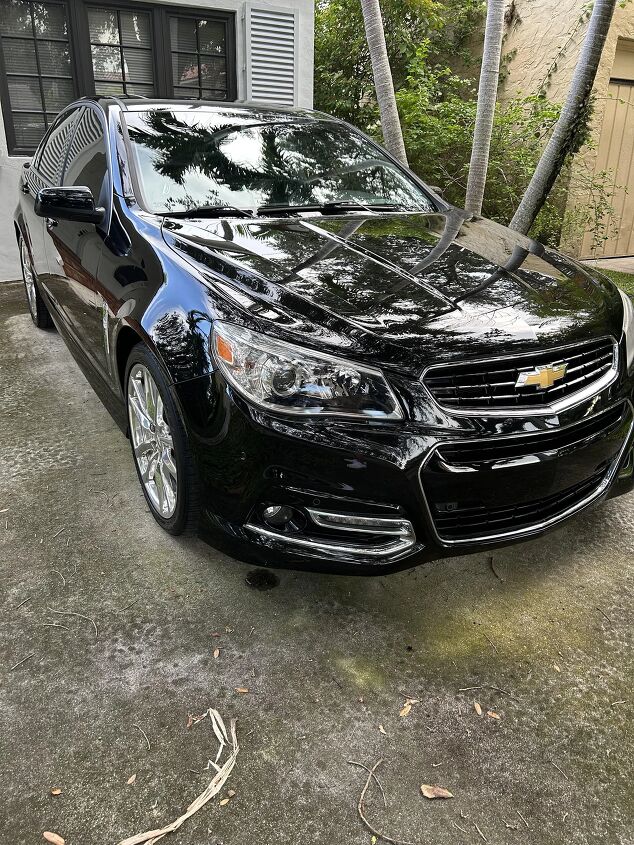
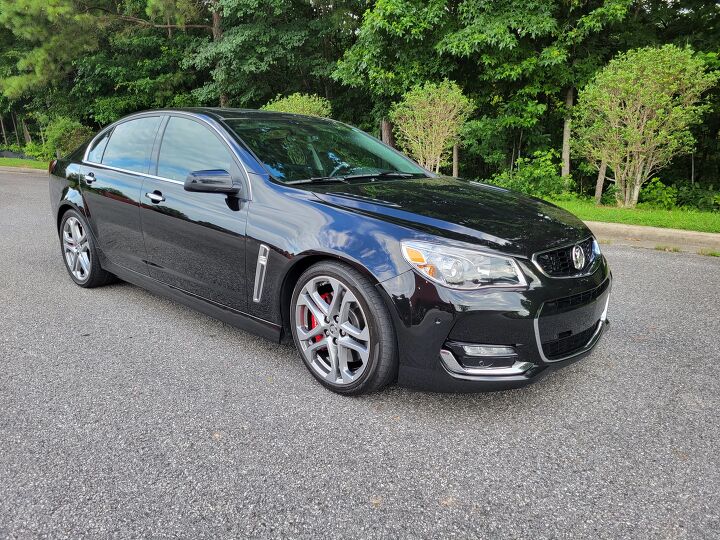


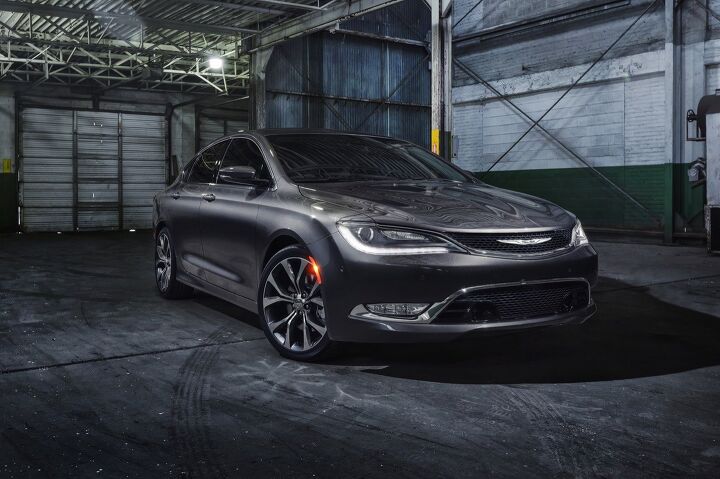


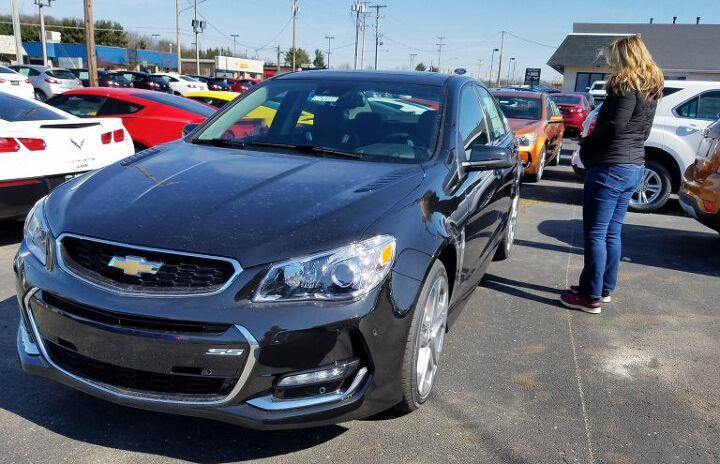

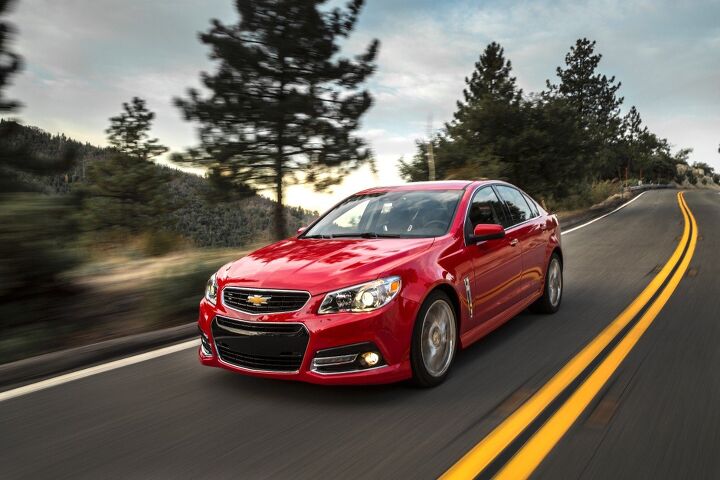


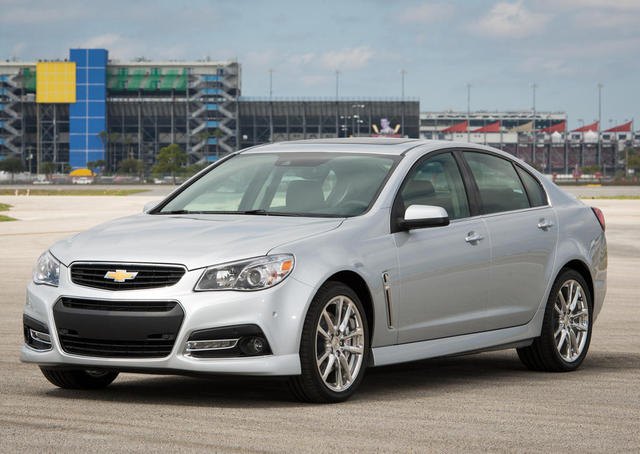












Recent Comments